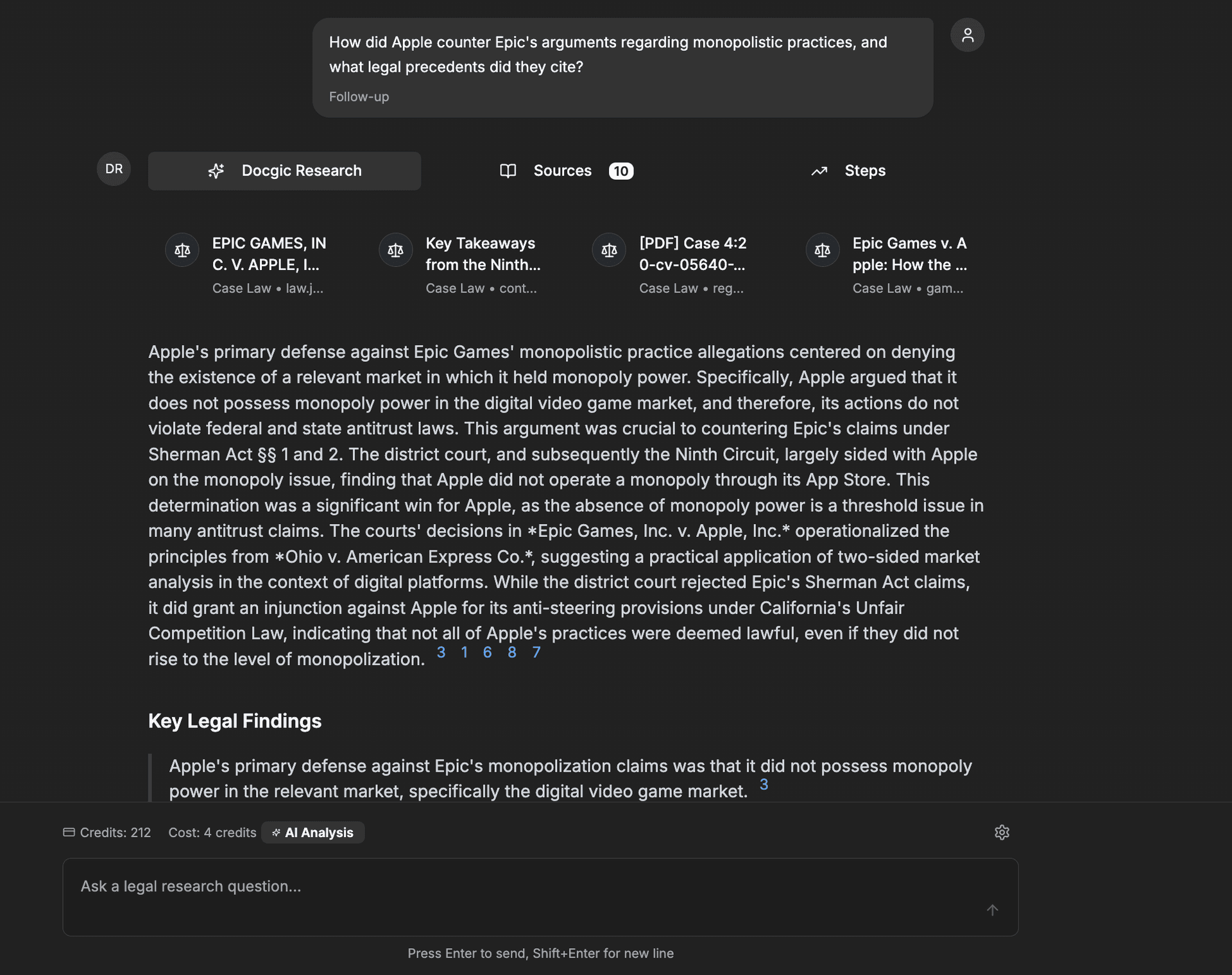Generate and sign professional contracts in under 10 minutes
(Without Waiting 2 Weeks for Your Lawyer to Reply)
Here's what you're actually getting:
Here's everything you get:
- 50+ lawyer-reviewed contract templates (NDAs, service agreements, employment contracts, leases—everything you actually need)
- AI red-flag scanner (finds the sketchy clauses before you sign something stupid)
- Built-in e-signatures (stop paying DocuSign $40/month)
- Contract tracker (so you never miss a renewal or payment again)
Who this is for:
- Founders who refuse to lose deals because "legal is reviewing it"
- Freelancers tired of clients ghosting after seeing your $2K lawyer bill
- Small business owners who know contracts shouldn't cost more than the project
Who this is NOT for:
- People who think $29/month is "too expensive" for unlimited contracts
- Anyone who enjoys paying lawyers $500 to change a date on a document
- Companies that love 6-week approval processes
Sign up to get 50 free credits. Generate contracts instantly. If you don't create at least one contract that would've cost you $500+ with a lawyer, we'll refund you before you pay a cent. (You literally cannot lose)
Get Instant Access - Risk FreeP.S. - Every day you wait is another $500 you're handing to lawyers for work you could've done in 10 minutes. Your move.
Generate Professional Contracts in Minutes
Create, edit, and manage contracts with smart templates. Track versions, compare changes, and collaborate seamlessly.
Don't just analyze contracts—create them
Generate professional contracts in minutes using smart templates. Edit, version, and manage your contracts all in one place.
Template Library
Choose from a wide selection of professional contract templates for NDAs, service agreements, employment contracts, and more.
Rich Text Editor
Edit your contracts with a powerful rich text editor. Auto-save ensures you never lose your work.
Version Management
Track every change with automatic version history. Compare versions side-by-side and restore previous versions when needed.
Digital Signatures
Send contracts for signature via email. Support multiple signers with sequential or parallel signing workflows.
Research Contract Terms & Standards in Seconds
Find standard terms, regulatory requirements, and industry benchmarks. Get comprehensive research with sources and analysis instantly.
Industry Standard Research
Ask questions about standard contract terms, payment terms, indemnification clauses, and get comprehensive analysis with sources cited.
Regulatory Requirements
Get answers about GDPR, data processing requirements, and compliance standards relevant to your contracts.
Contract Best Practices
Learn about standard terms, red flags to watch for, and industry benchmarks for your specific contract type.

Chat with your contracts and get instant answers
Ask questions in plain English. Get answers backed by specific sections of your documents.
Understands Contract Language
Understands contract terminology like force majeure, indemnification, termination clauses, and payment terms.
Section-Backed Answers
Every answer comes with direct references to specific sections, so you can verify and understand exactly where the information comes from.
Compare Multiple Documents
Find inconsistencies between contracts or track changes across versions of the same agreement.

Compare contracts and track every change
Never miss a modification. See exactly what changed between contract versions with visual highlighting.
Never Miss a Change
Automatic version tracking ensures you catch every modification in contracts, eliminating costly oversights.
Identify Risky Modifications
Visual highlighting makes problematic changes obvious, even in complex contracts with hundreds of revisions.

Contract Generation
Generate professional contracts in minutes using smart templates and intelligent clause selection.
- Template library with 50+ contracts
- Smart content generation
- Rich text editor with auto-save
- Version history & comparison
- Digital signatures & signing workflows
Document Research Integration
Automatically detect and enrich citations with metadata from trusted databases.
- Automatic citation detection
- Citation enrichment
- Comprehensive case information
Advanced Analytics
Gain insights into your document analysis patterns and track your legal workflow efficiency.
- Document analysis insights
- Workflow efficiency tracking
- Performance benchmarking
Enterprise-Grade Security
Designed for professionals with strict confidentiality requirements and data governance needs.
- End-to-end encryption
- Secure document isolation
- Audit trails for all document access
Simple, Transparent Pricing
No complicated billing. No surprise charges. Just transparent pricing for professionals who need contract analysis.
Starter
FREE
Perfect for occasional contract review
- Document analysis
- Chat with documents
- Contract research
- Industry standard search
- Document organization
Professional
$29.99
For freelancers, consultants, small business owners
- Advanced document analysis
- Enhanced document comparison
- Contract research & standards
- Contract generation
- Version comparison
- Digital signatures
- Priority support
Business
$99.99
For companies, procurement teams, law firms
- All Professional features
- Unlimited contract generation
- Advanced signing workflows
- Custom integrations
- Extended data retention
- Dedicated support
- Enterprise-grade security
How Docgic Works
Get started with Docgic in just a few simple steps.
Upload Documents
Upload your documents to our secure platform. We support various formats including PDF, DOCX, and more.
Smart Analysis
Automatically analyze your documents, extracting key information, identifying clauses, and preparing them for interaction.
Analyze & Export
Chat with your documents, compare versions, generate detailed reports, and export your findings in various formats.
Ready to Transform Your Document Workflow?
Join the professionals who are saving time and gaining insights with Docgic.
Connect with the Creator
Have questions or feedback? Let's connect on social media.
Have feedback or questions?

